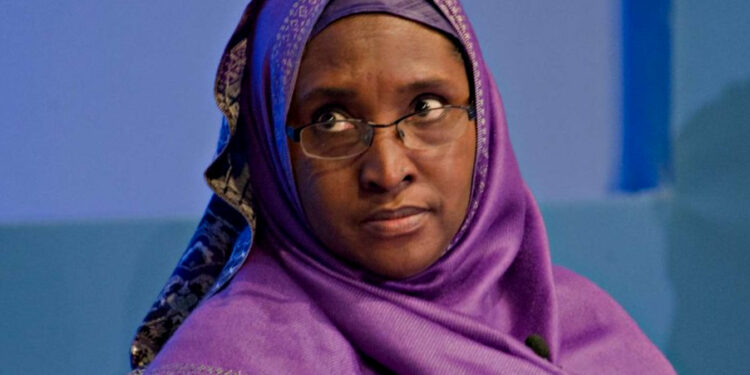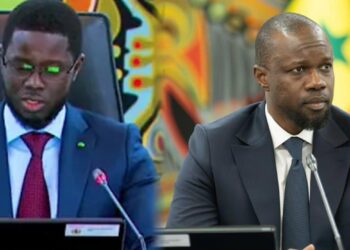By John Ikani
In a surprise move, the Nigerian Government has announced plans to phase out fuel subsidies earlier than its previously planned date of June 2023.
Minister of Finance, Budget and National Planning, Zainab Ahmed, made the announcement during her keynote speech at the World Economic Forum (WEF).
According to Ahmed, the phasing out of petrol subsidies will begin in April, instead of the one-time removal in June as previously planned.
This decision is expected to provide significant relief for the government, which has had to borrow to purchase refined petroleum products in the past.
The announcement has caused a stir among Nigerians, who have grown accustomed to benefits of fuel subsidies to their livelihood.
However, Ahmed sought to assure citizens that the move is necessary for the country’s long-term financial stability.
“Where there is not enough revenue for the government to buy the refined petroleum products, we have had to borrow to buy the petroleum products. So, if we take that out, that’s about N3.25 trillion. That is a significant relief, that we don’t incur any more than that number that we projected for in 2023,” Ahmed said.
The Minister also addressed concerns about the global economic recession that is projected for 2023. She stated that with $34 billion in the nation’s foreign reserves, Nigeria is well-positioned to withstand any potential economic headwinds.
“It is true we had higher reserves during the first global recession. Our reserves are now at $34 billion. So that is still a healthy level. It means we’re able to meet at least six months of imports and other expenses into the country,” Ahmed explained.
The Nigerian Government’s decision to phase out fuel subsidies earlier than planned may be a difficult pill for citizens to swallow, but it is a necessary step towards the country’s long-term financial stability.
The government has assured citizens that it will take a coordinated response from monetary, fiscal, and trade authorities to weather any potential economic shocks.




































